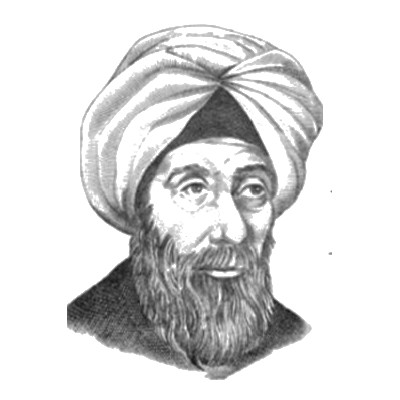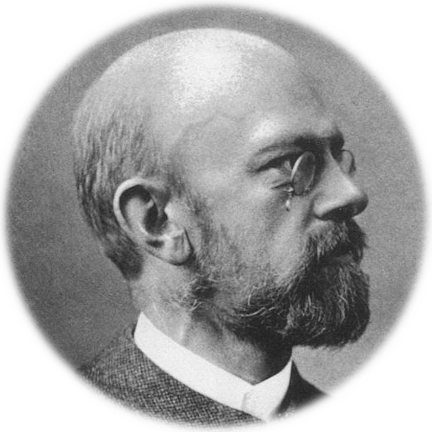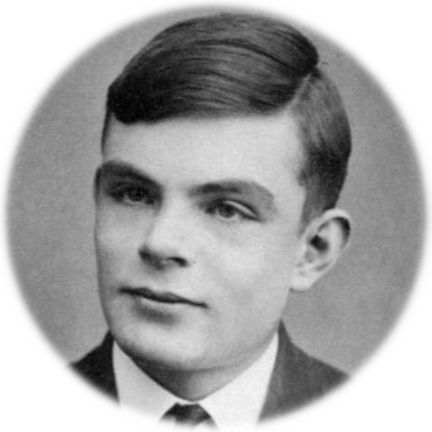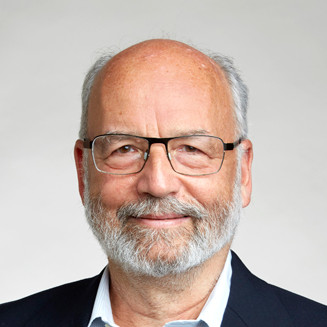Nouns by Tag math

Eudoxus of Cnidus ( Εὔδοξος ὁ Κνίδιος)
Ancient Greek astronomer, mathematician, scholar — Student of Archytas and Plato

Callippus (Κάλλιππος)
Ancient Greek astronomer and mathematician — studied under Eudoxus, and extended his cosmological scheme of 27 spheres by adding seven more for a total of 34 spheres.

Euclid (Euclid of Alexandria)
The 'father of geometry,' he was active in Alexandria during the reign of Ptolemy I (323–283 BCE). His Elements is one of the most influential works in the history of mathematics, serving as the main textbook for teaching mathematics (especially geometry) from the time of its publication until the late 19th century.

Aristarchus of Samos (Ἀρίσταρχος ὁ Σάμιος)
First person known to propose an heliocentric (Sun-centered) theory of the universe as well as first to deduce the rotation of Earth on its axis
Copernicus himself attributed the heliocentric theory to Aristarchus
Copernicus himself attributed the heliocentric theory to Aristarchus

Archimedes (Archimedes of Syracuse, Ἀρχιμήδης)
One of the greatest mathematicians and scientists of Ancient Greece

Almagest (Μαθηματικὴ Σύνταξις, Syntaxis Mathematica)
Ptolemy presents his geocentric model of the universe, a star catalog, and astronomical calculations in a 13 book set.
Ptolemy's assumptions:
Ptolemy's assumptions:
- The celestial realm is spherical, and moves as a sphere.
- The Earth is a sphere.
- The Earth is at the center of the cosmos.
- The Earth, in relation to the distance of the fixed stars, has no appreciable size and must be treated as a mathematical point.
- The Earth does not move.
- Earth
- Moon
- Mercury
- Venus
- Sun
- Mars
- Jupiter
- Saturn
- Sphere of fixed stars

al-Khwarizmi (Muhammad ibn Musa al-Khwarizmi)
Founder of algebra, His name was originally translated as Algorithmi which gives rise to the word algorithm.
Translations of his work also helped introduce arabic numerals and decimal notation.
Translations of his work also helped introduce arabic numerals and decimal notation.

Al-Kindi (Abu Yūsuf Yaʻqūb ibn ʼIsḥāq aṣ-Ṣabbāḥ al-Kindī)
Muslim philosopher, polymath, mathematician, physician and musician. Al-Kindi was the first of the Islamic peripatetic philosophers, and is hailed as the "father of Arab philosophy"

Al-Battani (Abū ʿAbd Allāh Muḥammad ibn Jābir ibn Sinān al-Raqqī al-Ḥarrānī aṣ-Ṣābiʾ al-Battānī, محمد بن جابر بن سنان البتاني)
The most renowned astronomer of the Islamic Golden Age, called the "Ptolemy of the Arabs." Also, known for several important contributions to trigonometry.

Fibonacci (Leonardo Bonacci, Leonardo of Pisa, Leonardo Pisano Bigollo, Leonardo Fibonacci)
Fibonacci popularized the Hindu–Arabic numeral system in the Western World primarily through his composition in 1202 of Liber Abaci (Book of Calculation). He also introduced Europe to the sequence of Fibonacci numbers, which he used as an example in Liber Abaci.

Abraham ben Samuel Zacut (Abraham Zacuto)
Royal Astronomer and Historian to King John II of Portugal. His astronomical almanac helps Columbus and de Gama in their explorations.

Giambattista della Porta (Giovanni Battista Della Porta, Professor of Secrets)
Prolific Italian playwright and occult scientist who founded the Academia Secretorum Naturae in the 16th century ( later shut down by The Inquisition). He is known for his book Natural Magick and also claimed to have invented the telescope.
His acadamy used the Lynx as a mascot and inspired Cesi to create Lincean Academy, which della Porta later joined.
His wrote primarily comedic plays, of which 17 survive. They are available online.
His acadamy used the Lynx as a mascot and inspired Cesi to create Lincean Academy, which della Porta later joined.
His wrote primarily comedic plays, of which 17 survive. They are available online.

Gaspard Monge (Comte de Péluse)
French mathematician, the inventor of descriptive geometry (the foundation of technical drawing), and the father of differential geometry.

Évariste Galois
Galois' most significant contribution to mathematics is his development of Galois theory. He realized that the algebraic solution to a polynomial equation is related to the structure of a group of permutations associated with the roots of the polynomial, the Galois group of the polynomial. Galois first to used the word group in a sense close to the technical sense that is understood today, making him among the founders of the branch of algebra known as group theory. He developed the concept that is today known as a normal subgroup. He called the decomposition of a group into its left and right cosets a proper decomposition if the left and right cosets coincide, which is what today is known as a normal subgroup. He also introduced the concept of a finite field (also known as a Galois field in his honor), in essentially the same form as it is understood today

Georg Cantor
Created Set Theory, using it to prove that the real numbers are more numerous than the natural numbers.
However, his (correct) concept of an "infinity of infinities," was initially scoffed at by his peers, not to mention that it was very bothersome to some theologian's idea of an absolute infinity (i.e. God)
However, his (correct) concept of an "infinity of infinities," was initially scoffed at by his peers, not to mention that it was very bothersome to some theologian's idea of an absolute infinity (i.e. God)

Felix Klein
German mathematician best known for the Klien Bottle. He made significant advancements in group theory, complex analysis, non-Euclidean geometry, and on the associations between geometry and group theory

David Hilbert
A German mathematician, one of the most influential mathematicians of the 19th and early 20th centuries. Hilbert discovered and developed a broad range of fundamental ideas in many areas, including invariant theory, the calculus of variations, commutative algebra, algebraic number theory, the foundations of geometry, spectral theory of operators and its application to integral equations, mathematical physics, and the foundations of mathematics (particularly proof theory).
Hilbert adopted and defended Georg Cantor's set theory and transfinite numbers. In 1900, he presented a collection of problems that set the course for much of the mathematical research of the 20th century.
Hilbert and his students contributed significantly to establishing rigor and developed important tools used in modern mathematical physics. Hilbert is known as one of the founders of proof theory and mathematical logic.

Albert Einstein
Developed the theory of relativity, and is also known for its influence on the philosophy of science.

Alan Turing
English mathematician, computer scientist, logician, cryptanalyst, philosopher, and theoretical biologist.
Turing was highly influential in the development of theoretical computer science, formalizing the concepts of algorithm and computation with the Turing machine, which can be considered a model of a general-purpose computer.
Turing is widely considered to be the father of theoretical computer science and artificial intelligence.

Benoît Mandelbrot
The father of fractal geometry: He coined the word "fractal" and called himself a "fractalist."




